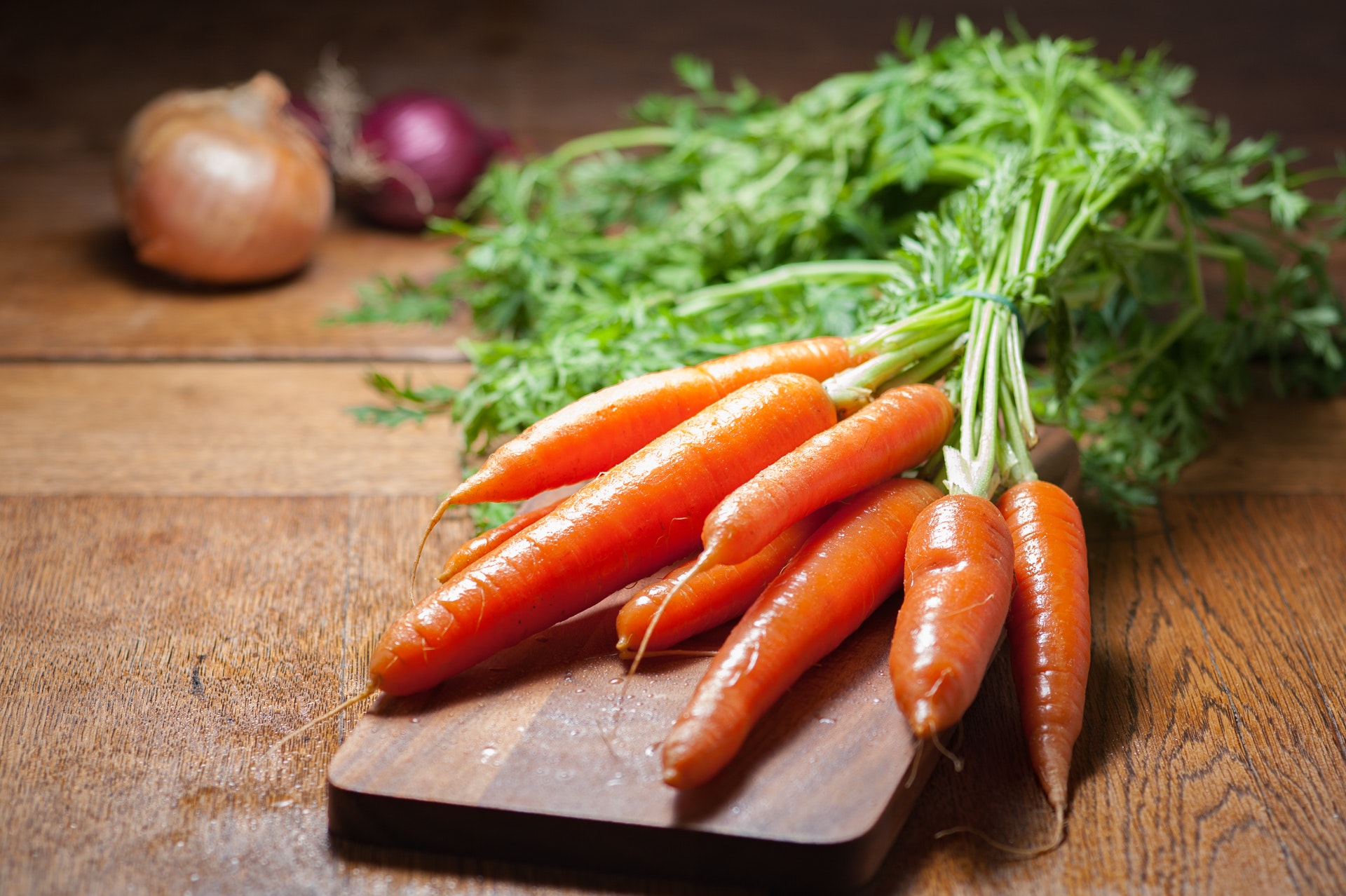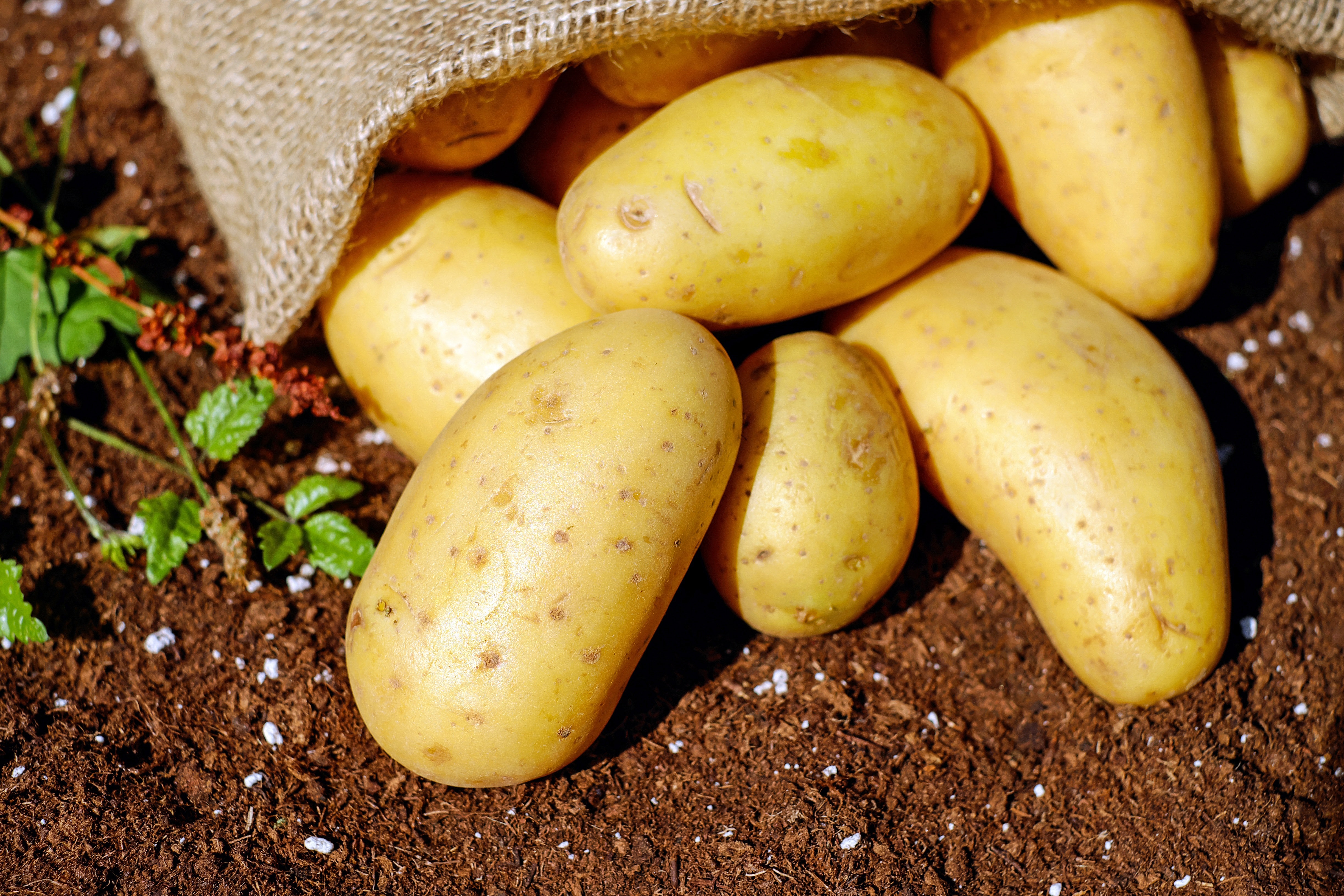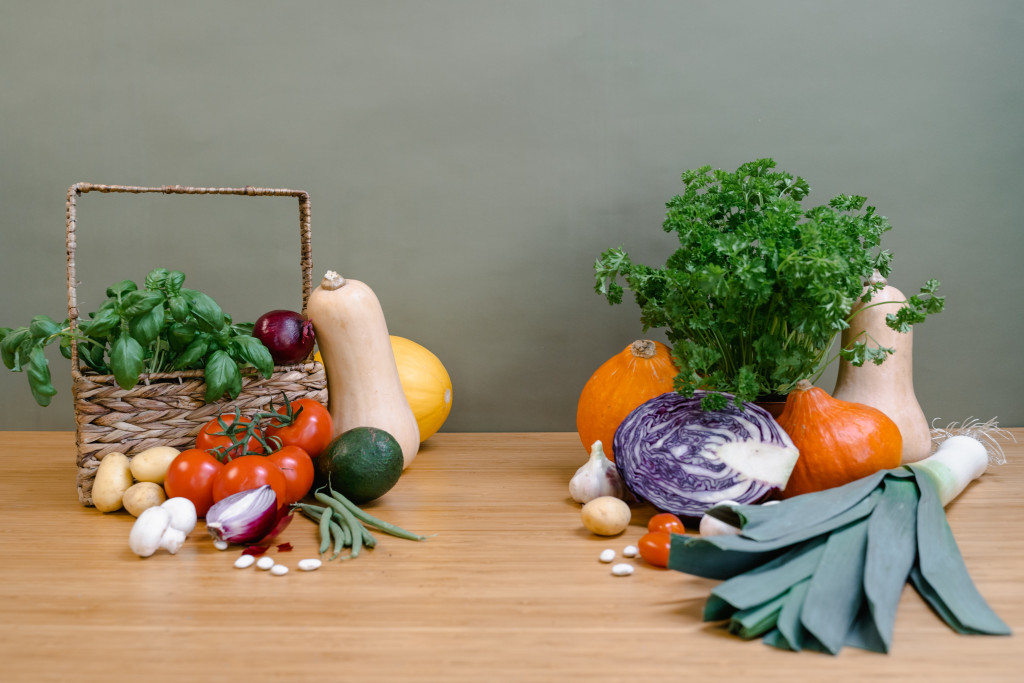Vegetables are an important part of a healthy diet, providing essential nutrients and fiber that are necessary for optimal health. There are many different types of vegetables to choose from, each with its own unique set of health benefits. Here are the top 10 most popular fresh vegetables, according to a survey conducted by the Produce Marketing Association:
1. Tomatoes:
Tomatoes are a popular choice for salads, sandwiches, and cooking. They are a good source of vitamin C and lycopene, an antioxidant that may help reduce the risk of certain types of cancer. Tomatoes are a nutritious and tasty addition to any diet. Tomatoes are a good source of vitamins C and K, as well as potassium, vitamin A, and folate. One medium tomato contains only about 25 calories, making it a low-calorie food that can be easily incorporated into a weight loss or weight maintenance. Tomatoes are a good source of lycopene, an antioxidant that has been shown to have anti-carcinogenic properties. Some studies have suggested that lycopene may help reduce the risk of certain types of cancer, such as prostate cancer. Tomatoes are a good source of potassium, which has been shown to help regulate blood pressure and support heart health.
2. Lettuce:
Lettuce is a staple in salads and sandwiches, and comes in many different varieties including iceberg, romaine, and butterhead. It is a good source of vitamins A and K, and is low in calories.Lettuce is a good source of vitamins A and K, as well as folate and potassium. Vitamin A is important for maintaining healthy skin, teeth, and vision, while vitamin K is important for maintaining bone health.Lettuce is low in calories and high in fiber, making it a great choice for those looking to lose weight.
3. Onions:
Onions are a versatile ingredient that can be used in a variety of dishes, and come in different colors and flavors. They are a good source of vitamin C and have been shown to have anti-inflammatory properties. Onions are a good source of vitamin C, vitamin B6, and potassium. Vitamin C is important for maintaining healthy skin, teeth, and gums, while vitamin B6 is important for maintaining brain function and supporting a healthy immune system. Potassium is important for maintaining healthy blood pressure and supporting heart health.Onions contain compounds called flavonoids, which have been shown to have anti-inflammatory properties. Some studies have suggested that consuming onions may help reduce inflammation in the body, which may help reduce the risk of certain diseases such as heart disease and certain types of cancer.
4. Carrots:
 Carrots are a popular choice for snacking, and are often used in salads and cooking. They are a good source of beta-carotene, which is converted to vitamin A in the body, and have been shown to have antioxidant properties.Carrots are a good source of vitamin A, vitamin C, potassium, and fiber. Vitamin A is important for maintaining healthy skin, teeth, and vision, while vitamin C is important for maintaining a healthy immune system. Potassium is important for maintaining healthy blood pressure and supporting heart health, and fiber is important for maintaining digestive health and promoting regular bowel movements.
Carrots are a popular choice for snacking, and are often used in salads and cooking. They are a good source of beta-carotene, which is converted to vitamin A in the body, and have been shown to have antioxidant properties.Carrots are a good source of vitamin A, vitamin C, potassium, and fiber. Vitamin A is important for maintaining healthy skin, teeth, and vision, while vitamin C is important for maintaining a healthy immune system. Potassium is important for maintaining healthy blood pressure and supporting heart health, and fiber is important for maintaining digestive health and promoting regular bowel movements.
Carrots are a good source of beta-carotene, a compound that is converted to vitamin A in the body. Vitamin A is important for maintaining healthy eyes, and some studies have suggested that consuming carrots may help support eye health.
Carrots contain compounds called polyacetylenes, which have been shown to have antioxidant properties. Antioxidants are substances that may help protect the body against damage caused by harmful molecules called free radicals.
5. Bell peppers:
Bell peppers come in a variety of colors, including red, yellow, and green, and are a popular choice for salads, sandwiches, and cooking. They are a good source of vitamin C and have been shown to have anti-inflammatory properties. Bell peppers are a good source of vitamin C, vitamin K, and vitamin A. Vitamin C is important for maintaining healthy skin, teeth, and gums, while vitamin K is important for maintaining bone health and reducing the risk of osteoporosis. Vitamin A is important for maintaining healthy skin, teeth, and vision. Bell peppers contain compounds called flavonoids, which have been shown to have anti-inflammatory properties. Some studies have suggested that consuming bell peppers may help reduce inflammation in the body, which may help reduce the risk of certain diseases such as heart disease and certain types of cancer.
6. Cucumbers:
Cucumbers are often used in salads and sandwiches, and are a good source of hydration due to their high water content. They are also a good source of vitamin K and have been shown to have antioxidant properties. Cucumbers are high in water content, making them a great choice for hydration. They can help keep the body hydrated, especially during hot weather or after physical activity. Cucumbers are low in calories, making them a great choice for those looking to maintain a healthy weight. A single cup of cucumbers contains only about 16 calories. Cucumbers are a good source of vitamin K, as well as small amounts of vitamin C, potassium, and magnesium. Vitamin K is important for maintaining bone health and reducing the risk of osteoporosis, while potassium is important for maintaining healthy blood pressure and supporting heart health.
7. Spinach:
Spinach is a leafy green vegetable that is high in nutrients and low in calories. It is an excellent source of vitamins and minerals, including vitamin K, vitamin A, vitamin C, folate, and manganese. Spinach also contains antioxidants, which may help to protect the body against free radicals and reduce the risk of chronic diseases such as cancer and heart disease. In addition to these nutrients, spinach is also a good source of fiber, which can help to support digestive health and may help to reduce the risk of constipation. It is also low in fat and cholesterol, making it a healthy choice for people who are trying to manage their weight or maintain a healthy diet.
8. Broccoli:
Broccoli is a popular choice for salads and cooking, and is a good source of vitamin C, fiber, and antioxidants. It has also been shown to have anti-inflammatory properties. Broccoli is a nutritious vegetable that is high in a number of important vitamins and minerals. It is an excellent source of vitamin C, vitamin K, and potassium, as well as a good source of fiber, folate, and antioxidants.
Some potential benefits of broccoli include:
8.1 Supporting cardiovascular health: The antioxidants found in broccoli, including flavonoids and carotenoids, may help to reduce the risk of heart disease by lowering blood pressure and reducing inflammation.
8.2 Boosting the immune system: Broccoli is high in vitamin C, which is important for supporting a healthy immune system.
8.3 Promoting bone health: Broccoli is a good source of vitamin K, which is important for maintaining bone density and strength.
8.4 Reducing the risk of certain cancers: Some studies have suggested that the antioxidants found in broccoli may help to reduce the risk of certain types of cancer, including breast, prostate, and colon cancer.
8.5 Supporting digestive health: The fiber found in broccoli can help to support digestive health and may help to reduce the risk of constipation.
9. Celery (APIUM Graveolens):

Celery is a crunchy vegetable that is often used in salads and as a snack. It is a good source of vitamin K and has been shown to have antioxidant properties. Celery (Apium graveolens) is a vegetable that is commonly used in cooking as a flavorful ingredient and for its crunchy texture. It is a low-calorie food that is high in fiber and nutrients, including vitamin K, vitamin C, potassium, and folate. Here are some potential benefits of consuming celery as part of a healthy diet.
10. Potatoes:

Potatoes are a popular choice for cooking and come in many different varieties, including white, red, and sweet potatoes. They are a good source of potassium and have been shown to have antioxidant properties. are a popular and nutritious vegetable that is high in a number of essential nutrients. Here are some potential benefits of consuming potatoes as part of a healthy diet. Potatoes contain a type of antioxidant called flavonoids, which may help reduce the risk of heart disease by decreasing inflammation and improving cholesterol levels. The fiber in potatoes can help promote regular bowel movements and may support the growth of beneficial bacteria in the gut.
Overall, these top 10 most popular fresh vegetables are a great choice for a healthy diet, providing a wide range of essential nutrients and health benefits.










